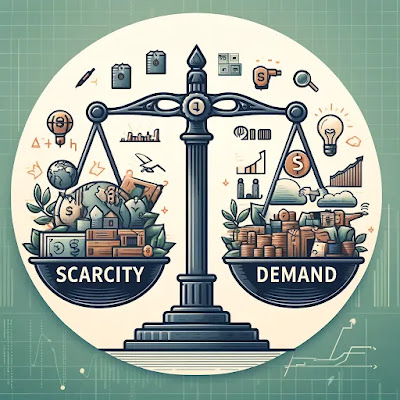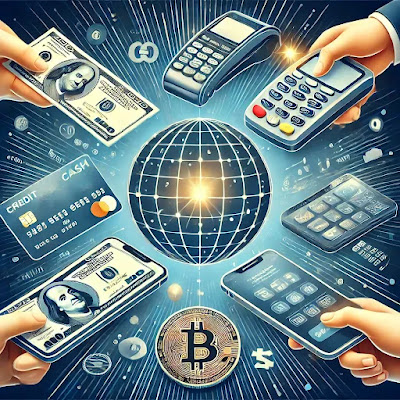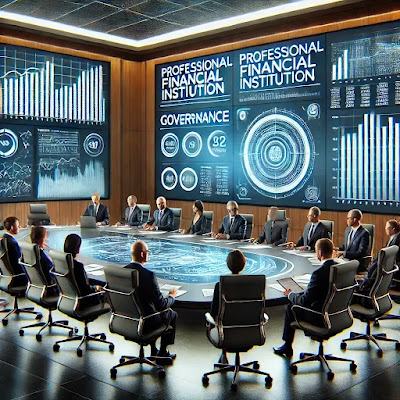Definition of Economics: A Comprehensive Overview
Economics is a fundamental social science that studies how individuals, businesses, governments, and societies allocate limited resources to meet their needs and wants. The subject is vast, covering various aspects such as production,
What is Economics?
Basic Definition
Economics is often defined as the study of how people make choices under conditions of scarcity. Since resources are limited while human desires are unlimited, economics helps us understand how to make efficient decisions to maximize well-being.
One of the most widely accepted definitions of economics was given by Lionel Robbins in 1932:
“Economics is the science which studies human behavior as a relationship between ends and scarce means which have alternative uses.”
This definition highlights three key points:
- Human wants are unlimited.
- Resources are scarce.
- People must make choices about how to use resources efficiently.
Alternative Definitions by Prominent Economists
- Adam Smith (1776) – Known as the “Father of Economics,” he defined economics as the study of wealth and how nations grow richer through production and trade.
- Alfred Marshall (1890) – Focused on economics as a science of human welfare, analyzing how people achieve material well-being.
- John Maynard Keynes (1936) – Defined economics as the study of income, employment, and government policies that influence economic stability.
Key Principles of Economics
There are several fundamental principles that form the core of economics:
1. Scarcity and Choice
- Resources (such as land, labor, and capital) are limited.
- People must make choices about how to use these resources efficiently.
2. Opportunity Cost
- The cost of choosing one option over another is called opportunity cost.
- For example, if a government spends money on defense, it has less to spend on education.
3. Supply and Demand
- Prices are determined by the interaction of supply (availability of goods) and demand (consumer desire).
- When demand exceeds supply, prices rise; when supply exceeds demand, prices fall.
4. Marginal Thinking
- Decisions are made by comparing the additional benefits and costs of an action.
- Businesses decide how much to produce based on marginal profit.
5. Incentives Matter
- People respond to incentives (rewards and punishments).
- For example, tax reductions encourage investment.
6. Trade Improves Welfare
- Countries and individuals benefit from specialization and trade.
- By focusing on what they do best, economies grow more efficiently.
Types of Economics
Economics is broadly divided into two main categories:
1. Microeconomics
Microeconomics studies the behavior of individual consumers, firms, and industries. It focuses on:
- Pricing of goods and services
- Consumer behavior
- Market structures (monopoly, competition)
- Production and costs
2. Macroeconomics
Macroeconomics looks at the economy as a whole, analyzing:
- National income and GDP
- Inflation and unemployment
- Fiscal and monetary policy
- Economic growth and development
Other Branches of Economics
- Behavioral Economics – Examines how psychology influences economic decisions.
- Development Economics – Focuses on economic progress in developing countries.
- Environmental Economics – Studies the impact of economic activities on nature.
- International Economics – Deals with trade, globalization, and exchange rates.
Real-World Applications of Economics
Economics plays a crucial role in shaping policies and everyday decisions. Some practical applications include:
1. Personal Finance and Budgeting
- Understanding economics helps individuals make smart financial choices, such as saving and investing.
2. Business and Market Strategies
- Companies use economic principles to set prices, analyze competitors, and maximize profits.
3. Government Policies
- Governments rely on economic data to design tax policies, social programs, and infrastructure projects.
4. Global Trade and Development
- International trade agreements, tariffs, and exchange rates are influenced by economic theories.
5. Addressing Unemployment and Inflation
- Policymakers use economic indicators to control inflation and create job opportunities.
Conclusion
Economics is a vital field that affects every aspect of our lives, from personal finance to global policies. It helps us understand resource allocation, market behavior, and government decisions. Whether you are an entrepreneur, policymaker, or consumer, having economic knowledge enables you to make better choices for a prosperous future.




